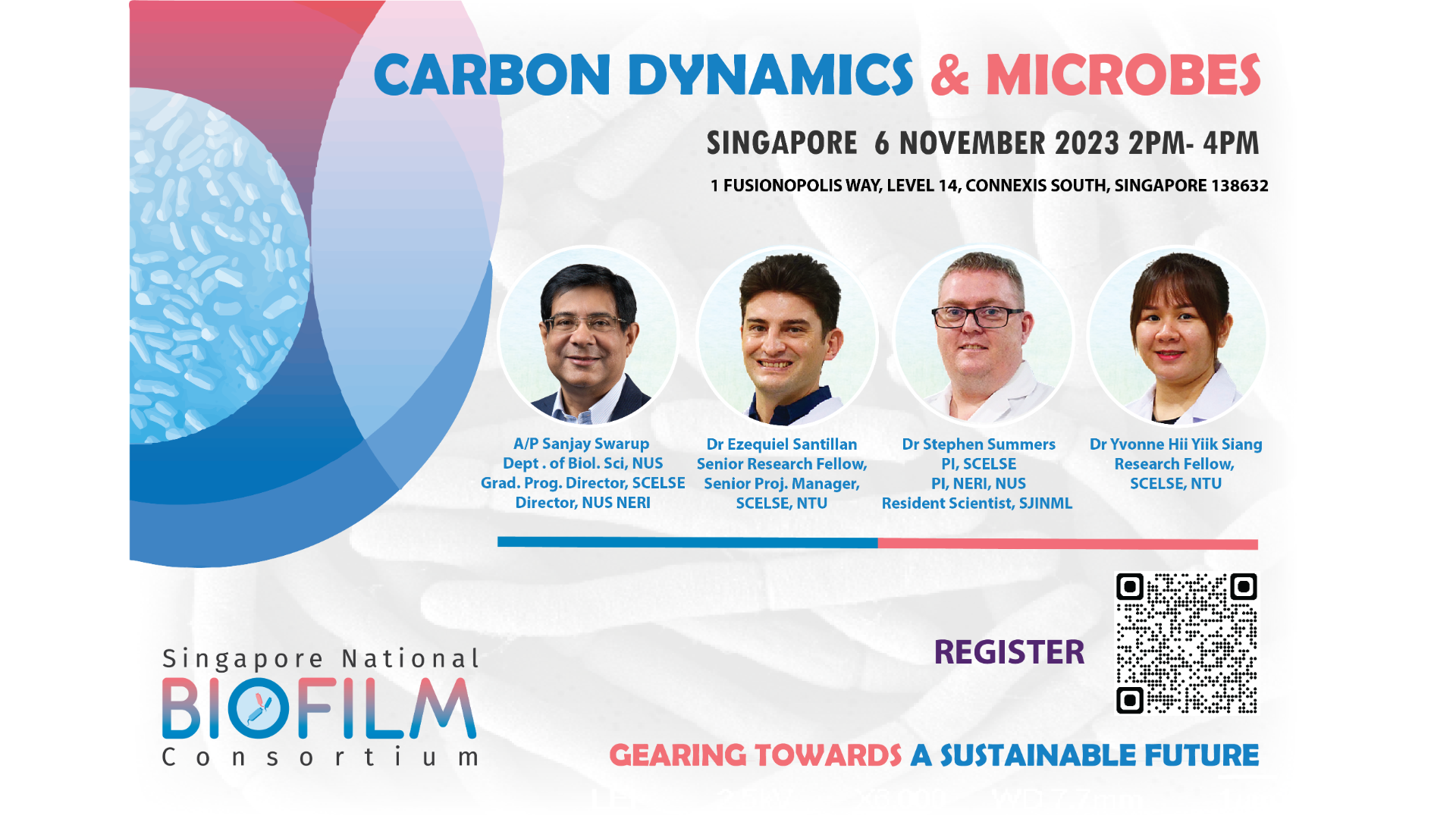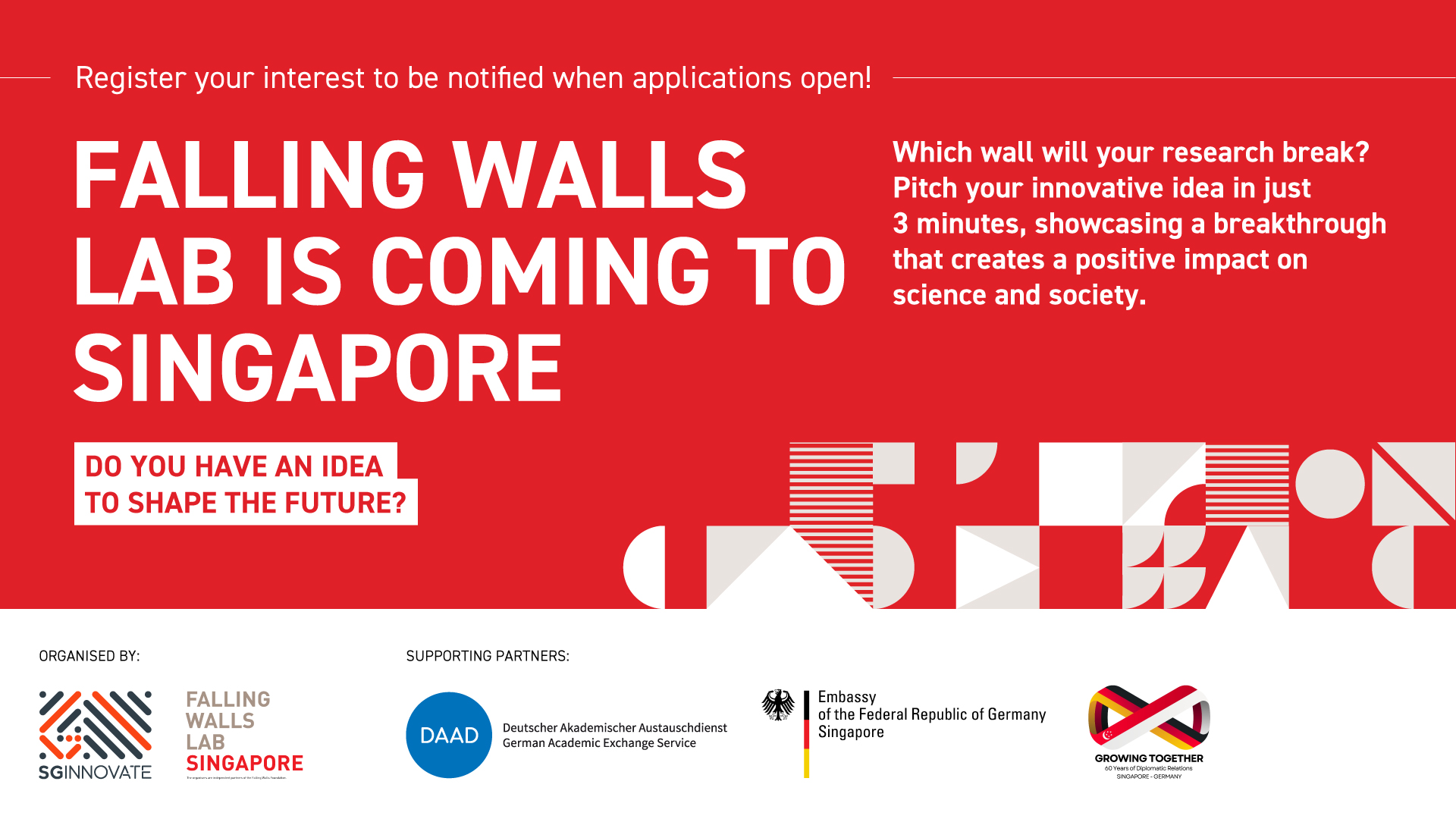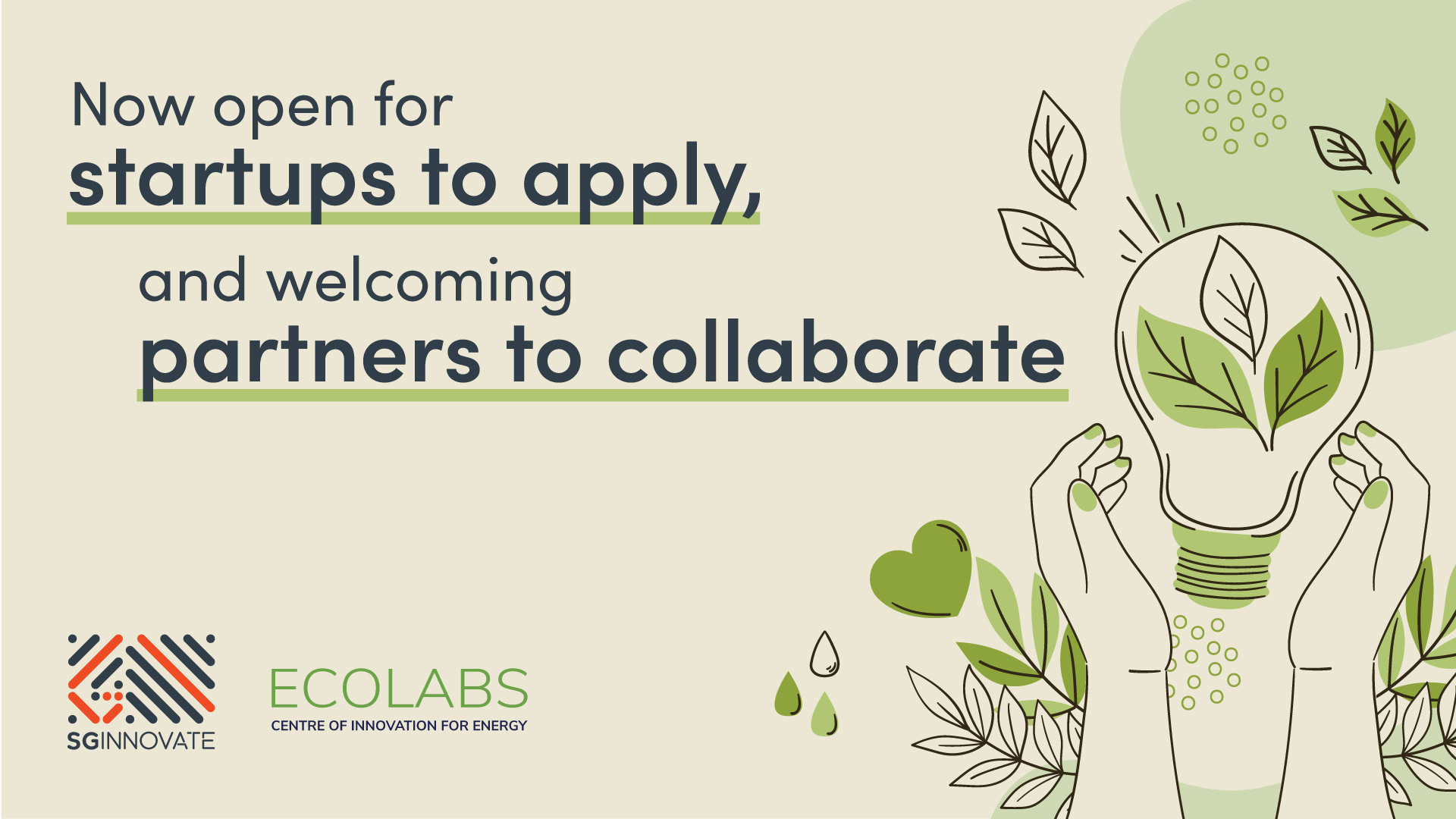Overview
Greenhouse gases (GHG) such as carbon dioxide and methane are major contributors to climate change. Concentrations of these greenhouse gases have varied during Earth's history resulting in substantial climate changes, hence there is an urgent need to manage the emissions and promote sequestration of GHG for a sustainable future.
While several factors contribute to the greenhouse gas emissions, microbial activities play a vital role in contributing to emissions as well as its capture. Studies on methods to enhance carbon sequestration by microbes and the influence of different types of microbes and substrates on carbon storage are critical for developing new technologies to mitigate GHG emissions such as capturing carbon in form of feed. This workshop will not only lead to understanding the carbon dynamics, but also create new collaborations to advance technology applications. The workshop will promote sharing of science and technology updates to build a community of researchers and industry experts to work together towards climate action and the earth's sustainability.
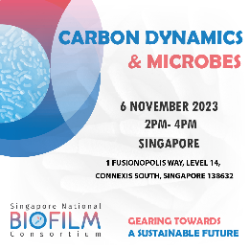
Schedule
Date: 06 Nov 2023, Monday
Time: 2:00 PM - 4:00 PM (GMT +8:00) Kuala Lumpur, Singapore
Location: 1 Fusionopolis Way, Level 14 Connexis South, Singapore , 138632
Speakers
Speaker's Profile:
A/P Sanjay Swarup, Associate Professor at Department of Biological Sciences, NUS ; Graduate Programme Director, SCELSE ; Director, NERI,NUS, Department of Biological Sciences, NUS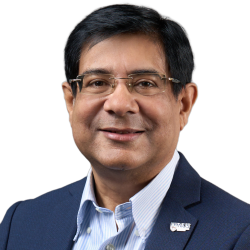
Prof. Sanjay Swarup is an agriculture and environmental biologist. He graduated from the Indian Agricultural Research Institute, India with BSc and MSc degrees in Genetics and subsequently received his PhD degrees in Plant Pathology from the University of Florida, USA and in Genetics & Plant Breeding from the Indian Agricultural Research Institute, India, respectively. His group studies the ecology of mixed microbial communities or microbiomes in the environment and agriculture from genes to ecosystems level scales. Prof. Swarup’s team has been working extensively in understanding the land-water-air (emissions)-plants in urban greening, water and food security contexts, both in Singapore and in other continents with extensive collaborations. His focus is to determine mechanistic basis of ecosystem functioning to provide translational tools for sustainable solutions.
Speaker's Profile:
Dr Ezequiel Santillan, Senior Research Fellow , SCELSE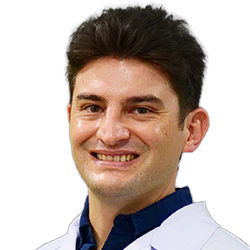
Ezequiel is a senior research fellow at the Wuertz lab in SCELSE, specializing in interdisciplinary research for the Sustainable Development Goals and the circular economy. As the project manager of a Singapore NRF-funded CRP research grant, he collaborates with industry partners and research institutions to recover aquaculture feed additives from food-processing wastewater. The team is currently exploring options and partnerships to scale up and implement in situ a pilot-scale prototype technology for microbial protein production developed as part of such project. Ezequiel, a Fulbright scholar, holds a PhD and MSc in Civil & Environmental Engineering from UC Davis, with expertise in assessing microbial communities, disturbance ecology, wastewater treatment, and bioremediation applications, including intellectual property development. He also has a BSc in Chemical Engineering and five years of industry experience in steelmaking.
Speaker's Profile:
Dr Stephen Summers, PI, SCELSE; PI, NUS Environmental Research Institute; Resident Scientist St. Johns Island National Marine Laboratory, SJINML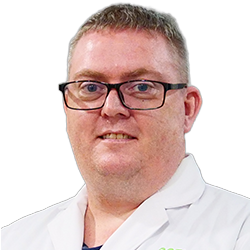
Dr. Stephen Summers is a Principal Investigator (PI) at SCELSE (Singapore Centre for Environmental Life Sciences Engineering), a resident scientist at SJINML (St John's Island National Marine Laboratory), and a PI at NERI (NUS Environmental Research Institute). His pioneering research in bacterial microbiome monitoring is enhancing the landscape of aquaculture and bolster the health and efficiency of fish farming. His primary research focus explores the intricate world of marine biofilms, spanning a diverse array of surfaces, from man-made piers and seawall defense structures to plastic debris adrift in the open ocean. These biofilms wield a profound impact on the degradation rate of these substrates, playing a crucial role in the conversion of unwanted debris into essential component gases and nutrients. Furthermore, they serve as a foundational platform for the establishment and growth of diverse communities.
Speaker's Profile:
Dr Yvonne Hii, Research Fellow, SCELSE
Dr. Yvonne focuses on the isolation and enrichment of methanotrophs from diverse environmental samples. Additionally, she will be focusing on the production of single cell protein (SCP) and polyhydroxybutyrate (PHB) from methanotrophs. Her research aims to culture methanotrophs in a high-pressure bioreactor with the goal of improving the yield of SCP and PHB by increasing the solubility of methane.
Speaker's Profile:
Dr Sheela Reuben, Industrial Development Manager, Singapore National Biofilm Consortium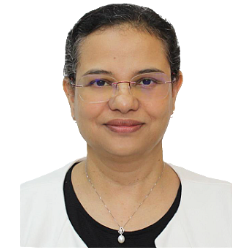
Sheela is an Industry Development Manager at Singapore National Biofilm Consortium. She is actively involved in the day-to-day activities of SNBC, fostering collaborations between academia and industry. She holds a PhD from National University of Singapore. She has experience working on several projects in various fields such as water microbiome, rhizosphere microbiome and microbial growth on various surfaces. Her research interest includes understanding biofilm structure in urban waterways, changes in rhizosphere microbiome due to environmental conditions such as drought and biofilm growth on surfaces. She enjoys working in integrated platforms across different disciplines from various institutions and Industry.



